Than Manh Dung, a 12th grade student, expressed his concern when many opinions said that many professions would be affected, especially those related to creativity, which would be replaced in the context of increasingly developing technology. The male student was hesitant before registering his university wishes because he did not know which majors were suitable for the trend and future development and conversely, which majors were outdated.
The male student is even more worried when "there are people who study very well, go to top universities, but after graduating still do not have a formal job, even unemployed?".
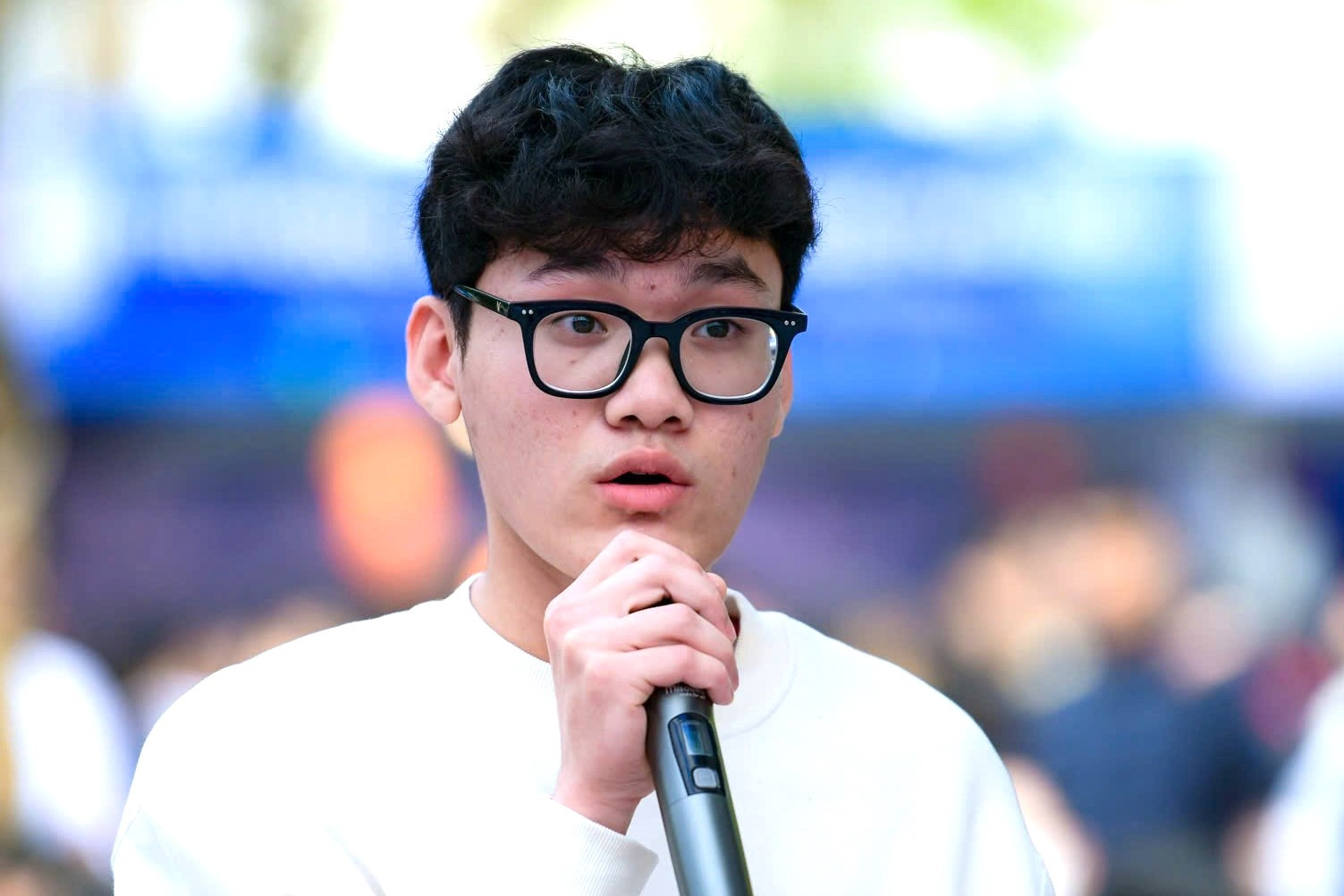
Dr. Nguyen Phu Khanh, Vice Principal of Phenikaa University, shared: “Candidates can rest assured that technology and even AI are created by humans. Second, technology supports us but cannot completely replace us. Using AI, BigData, Blockchain, etc. technologies will support us. Only those who do not know about technology will be replaced by those who know about technology,” said Mr. Khanh.
Regarding candidates' choice of major and career, Mr. Khanh said that it depends on many factors such as: interests, abilities, meeting market needs, etc.
“However, candidates need to note that with the development of technology, we can create interdisciplinary. Therefore, candidates who like to study Economics can use Information Technology, Artificial Intelligence to support E-commerce, International Business, etc. Or candidates who like health-related majors, but do not have enough points to take the General Medicine exam, can choose suitable majors such as Hospital Management or Diagnostic Imaging, etc. Thus, technology does not replace but is a very good support tool. You should not think that AI technology will take away our profession and replace us, but technology itself also creates new professions and jobs. In our time a few decades ago, we did not know about the professions of Tiktoker, Youtuber, etc. It is important to note that creativity and personalization are very important, AI cannot replace everything,” Mr. Khanh said and advised candidates not to worry about losing their professions.

Regarding some cases of graduates with excellent degrees from prestigious schools who still cannot find jobs or are unemployed, Mr. Khanh shared: "Academic ability is important, but attitude, behavior, skills and ethics are the things that make an impression on others, including recruiters and business owners."
Therefore, he believes that candidates should boldly choose the career they love.
Universities change to help students master technology
Another candidate also wondered why AI is now widely applied in the social sciences and humanities, citing “robots that can do journalism”. So what are the opportunities for reporters?
Ms. Dang Thi Thu Huong, Vice Principal of the University of Social Sciences and Humanities - Vietnam National University, Hanoi, said that in fact, AI is changing the face of journalism and media in Vietnam as well as internationally. “AI can analyze large volumes of data, make predictions, trends, interact with readers, and even create 'robot journalists' that can produce a large volume of news quickly. However, modern technology also creates opportunities for impersonation and voice/image manipulation. In fact, fake news is being spread and negatively affecting social life. Thus, no matter how much technology develops, it cannot replace humans, true journalists. In the new context, journalists will have to play an important role in verifying information; creating and exploring new perspectives to create journalistic works that can move and serve the community from the most humane, authentic, and accurate perspectives. However, because of that, it requires journalists to have extensive background knowledge to be able to analyze, comment, and especially have social criticism,” said Ms. Huong.
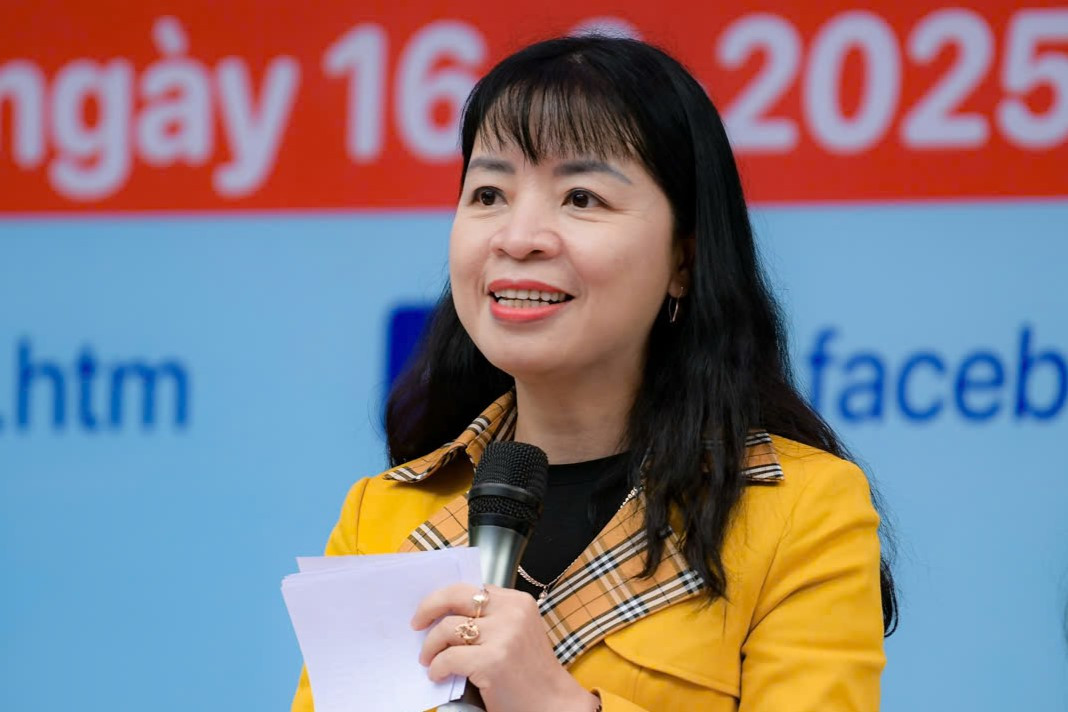
Ms. Huong said that universities training in journalism are also making changes to their programs, adding new courses to suit the times such as: AI skills, data analysis and processing technology, etc.
Similar to the foreign language industry, Ms. Nguyen Thi Cuc Phuong, Vice Principal of Hanoi University said: “As with the translation and interpretation industry, AI is currently translating quite accurately. However, it is still just a support tool, because foreign customers do not want to work with AI instead of working with a specific person to be able to communicate. There are many things related to human-to-human communication that AI cannot replace. Therefore, candidates can rest assured that the industry still exists, and AI is only used to increase labor productivity.”
Ms. Pham Thanh Ha, Deputy Head of the Training Management Department of Foreign Trade University, said that in the new era, people need to learn how to master technology. For example, in the fields of economics and business, AI can analyze data, do repetitive tasks, and if we can develop new thinking, skills, and new basic knowledge in the future, we can completely master technology and turn technology into a tool to support ourselves in our career goals.
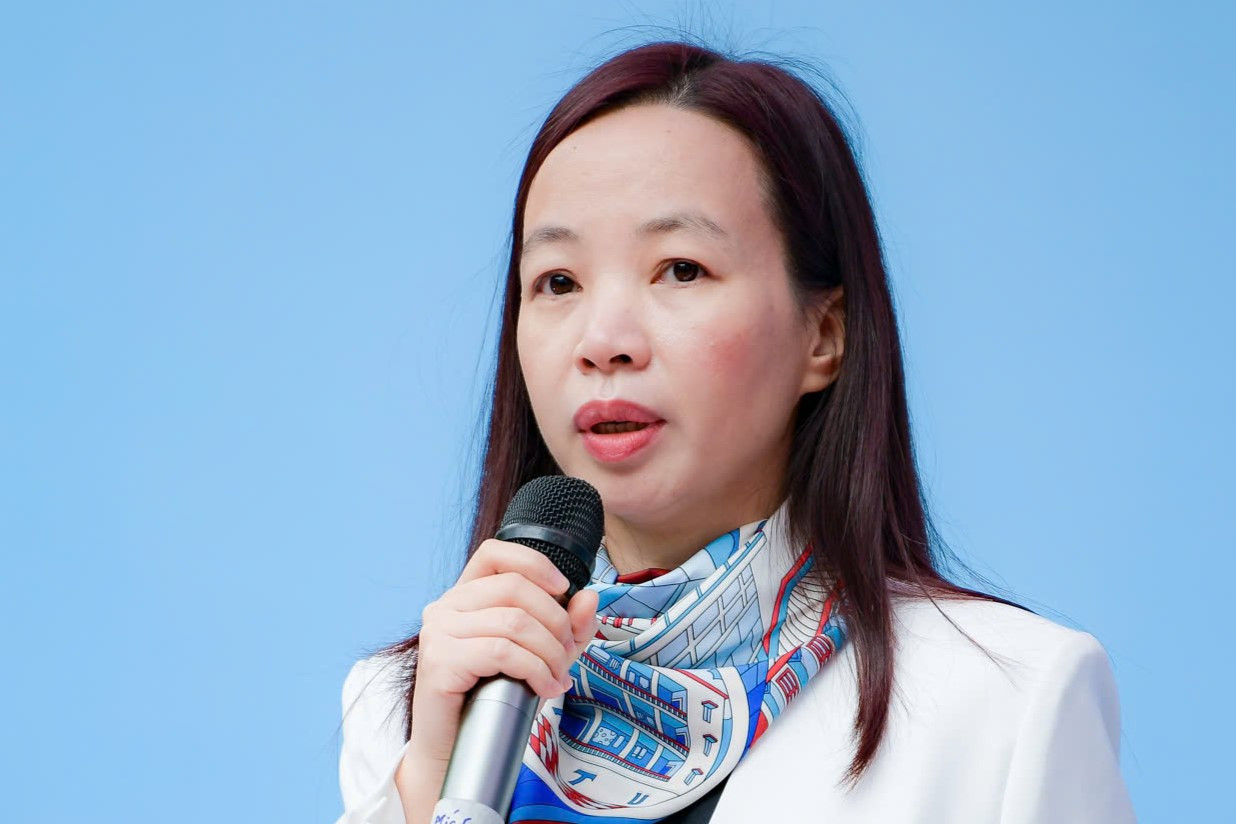
According to Ms. Ha, universities are all looking for new approaches when building and developing training programs. At Foreign Trade University, Ms. Ha said that in the first year, all training programs, the school equips students with subjects related to design thinking, posing problems/issues and finding solutions.
Ms. Ha also advised candidates and parents to learn more about the training program of each school, to see if it meets the requirements of providing basic knowledge, thereby creating flexible adaptability for graduates to the changing contexts of society in the future.



![[Photo] General Secretary To Lam receives Chief of the Central Office of the Lao People's Revolutionary Party](https://vphoto.vietnam.vn/thumb/1200x675/vietnam/resource/IMAGE/2025/5/30/140435f4b39d4599a3d17975dfb444c5)
![[Photo] Journalists moved to tears at the Memorial Service for the soldiers who died in Gac Ma](https://vphoto.vietnam.vn/thumb/1200x675/vietnam/resource/IMAGE/2025/5/30/9454613a55c54c16bf8c0efa51883456)
![[Photo] National Conference "100 years of Vietnamese Revolutionary Press accompanying the glorious cause of the Party and the nation"](https://vphoto.vietnam.vn/thumb/1200x675/vietnam/resource/IMAGE/2025/5/30/1cf6cd5c8a934ebfa347028dcb08358c)

![[Photo] A delegation of 100 journalists from the Vietnam Journalists Association visits the soldiers and people of Truong Sa island district.](https://vphoto.vietnam.vn/thumb/1200x675/vietnam/resource/IMAGE/2025/5/30/0984a986227d4e988177f560d2e1563e)


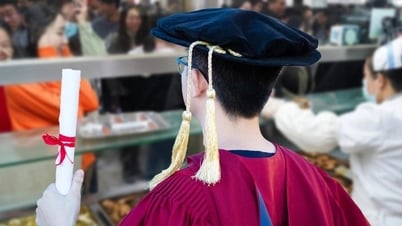

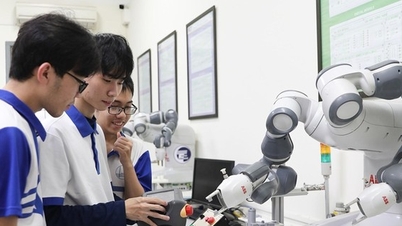



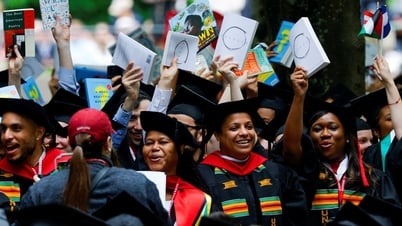





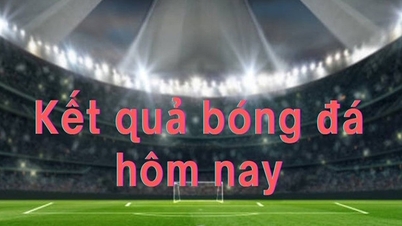





































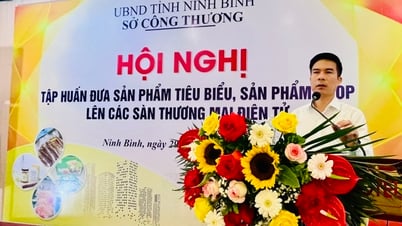

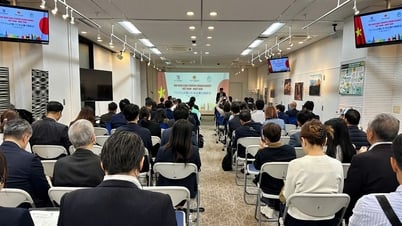



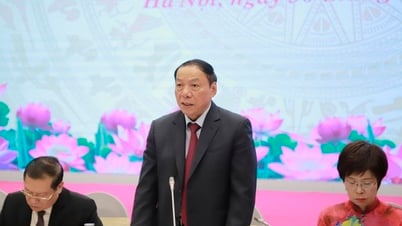

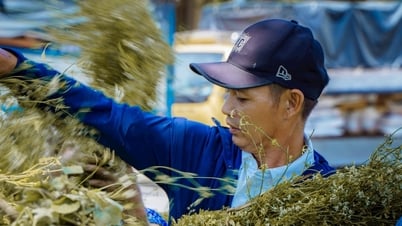
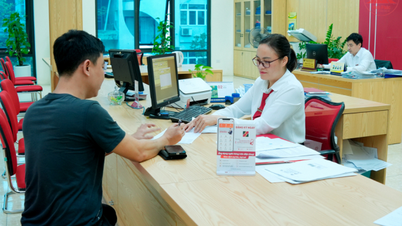



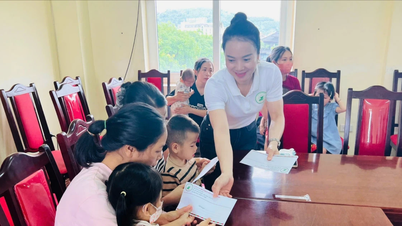

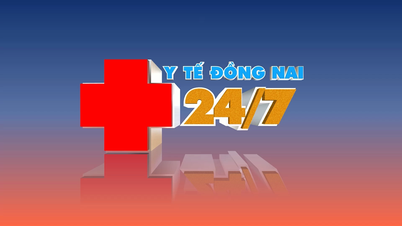


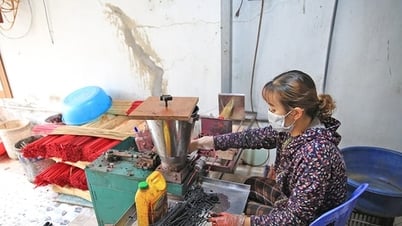












Comment (0)